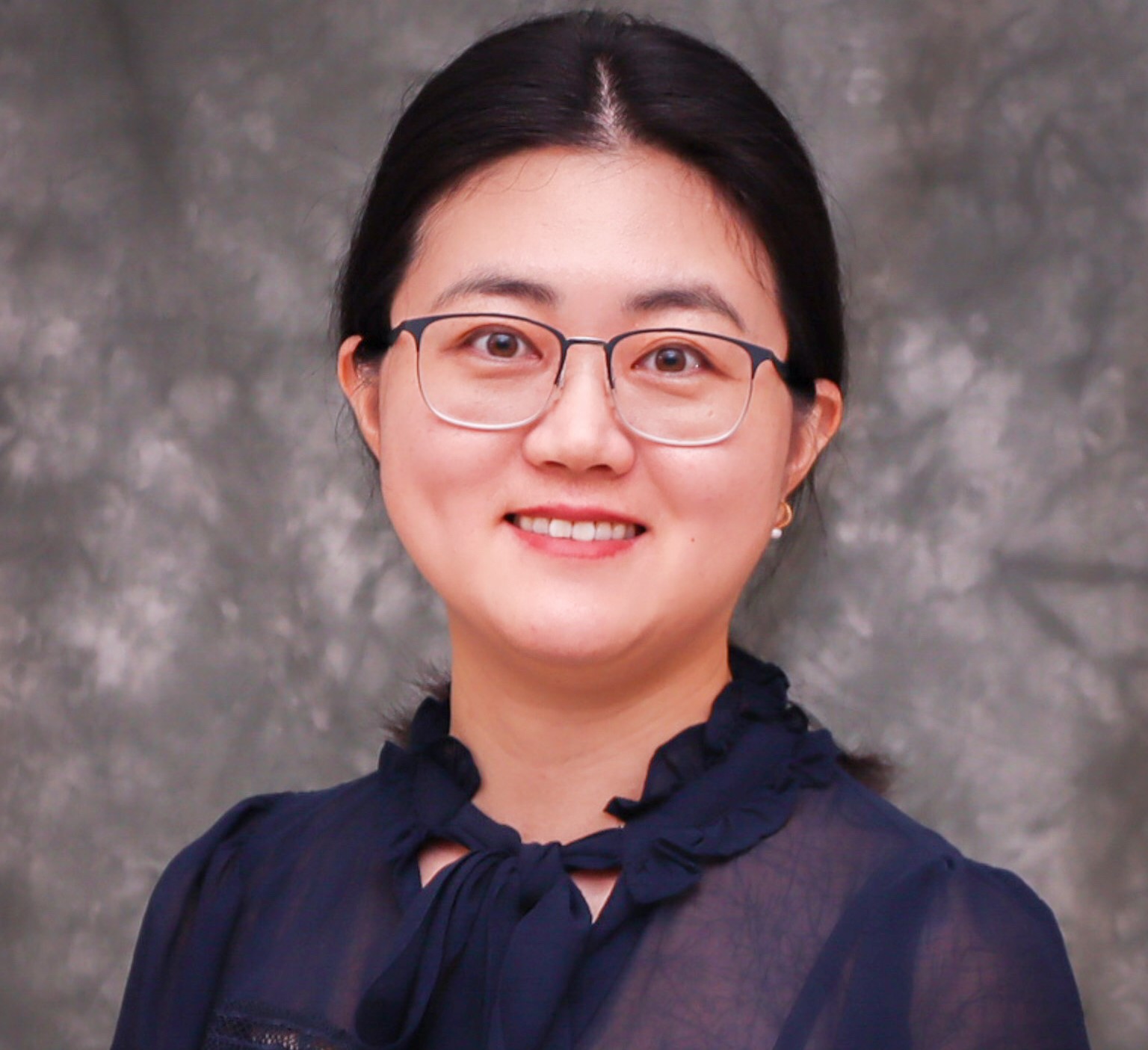
Interview with New Staff Member Rebecca Bian
Dr. Bian is an assistant professor of Civil and Environmental Engineering and is affiliated with the Margaret Chase Smith Policy Center at UMaine.
Can you share a bit about your academic, research, and professional background?
I lived in Louisiana for the last 10 years completing my PhD study at Louisiana State University and starting my professional work as a research assistant professor at Louisiana Transportation Research Center. I majored in Civil Engineering (with a focus on transportation planning), yet I believe the transportation sector needs interdisciplinary collaborations and communications perhaps more than the other sectors due to its nature involving human, vehicle, and infrastructure simultaneously. That is why I obtained a minor in Experimental Statistics and have been collaborating with urban planners, social scientists, electrical engineers, etc. in solving challenging questions for communities.
What motivated you to pursue a career in your field, and how has your journey evolved over time?
I am a person who loves traveling to see different nature scenes, experience new culture, and observe local life. Transportation is the system that connects me to the place that I want to reach to. It is amazing that our modern transportation system can get us to anywhere on earth within a day.
Personal motivation may dim out on the academic path without proper guidance. I am very lucky to have great mentors that kindly help me grow in my career and even patiently help me understand more about life and beliefs. They are the role models that I want to become in my future academic life – being a useful advisor for my students. That experience makes me believe higher education is much more than acquiring knowledge from textbooks. If there is something that AI cannot replace in higher education, I think interactions between an advisor and an advisee is the non-replaceable component.
Working in academia is because the job gives me the chance and freedom to solve questions that I feel interested in (or curious about) and look for collaborators/stakeholders who share similar interest/curiosity as me. It is even more exciting when you know what you develop can be applied in practice and help make others’ lives become better. In fact, I need to appreciate all the opportunities that I had before, which allows me to become who I am and takes me to where I am now.
What excites you most about being part of our research center?
The Center is nonpartisan and provides independent research and public service through applied policy research with community engagement. I share the same belief and think our transportation decision-making activities can be better supported by creating stronger data infrastructure and building workforces with stronger data science skills.
What are your main areas of research, and what key challenges or questions are you currently exploring?
The first stream of my research is in disaster response and community resilience, which is built upon the work I did during my PhD study. We have been observing more abnormal disaster events occur in a wider geographic region. I think the top challenge in this area is how we can transfer the knowledge we learned from previous events to guide our future disaster management work.
The second stream of my research is in active transportation planning (i.e., for walking and biking), which grows out of my own life experience. I think the top challenge in this area is how we can change the car-dependent culture rooted in the mind to start realizing roadway resources are not only dedicated to motorized vehicles. However, I do not like saying “promoting” active transportation neither since I believe all the travel modes should be treated equally with sufficient data supports to justify the needs.
Since joining UMaine, rural mobility has jumped onto the top of my study list. I am open to hearing more rural transportation stories to learn more about the challenges.
Are there any collaborations or interdisciplinary projects you’re working on or interested in pursuing?
This is a good question that I can go really wild with, but let’s focus on immediate opportunities that I am aware of. For example, public health has been a long-standing focus of the Center with excellent work produced. Transportation is one of the social determinants of public health, so I want to learn more from our public health team to find out whether/how transportation has ever been identified as a restriction in public health improvement in Maine (and possibly beyond). I think our future conversations will help us understand the gap/barrier and look for strategies to better integrate public health considerations into transportation investment.
What methodologies or technologies do you frequently use in your research?
Data science (in more plain language, statistical analysis; or in more fancy language, machine learning/artificial intelligence) is the approach I have been applying more often in my research to support quantitative evaluations. Which specific method to use usually depends on data availability and characteristics. For example, I have experience of processing small (e.g., survey responses), big (e.g., mobile phone data), and atypical (e.g., images/videos) data in my research. A study case may require me to step out of my comfort zone to learn something new. Data science itself is also a fast-growing area. I expect myself and my future students to be flexible to learn new tricks on a continuous basis.
What do you think are some of the most pressing issues or opportunities in your field right now?
This is a very good question. As a data person, I would say how to create “integrated” data infrastructure for all communities efficiently and effectively to support unbiased data analysis and result interpretation to support decision-making is the most pressing issue.
